Vineland
In Vineland, Thomas Pynchon, the acclaimed author of The Crying of Lot 49 and Gravity's Rainbow, delves into dystopian themes with his unique post-modern flair. Set in the fictional town of Vineland, California, the novel examines the impact of conservative Reaganism, portraying it as a threat to the liberal ideals of the previous generation within an increasingly authoritarian society. The book is infused with Pynchon's characteristic blend of humor, paranoia, and a rich tapestry of cultural references.
Hardcover. First Edition, First Printing. Octavo, green cloth. New York: Little Brown, 1990. ISBN: 0316724440. #10367.
Near fine in near fine dust jacket with some slight discoloring to the jacket.

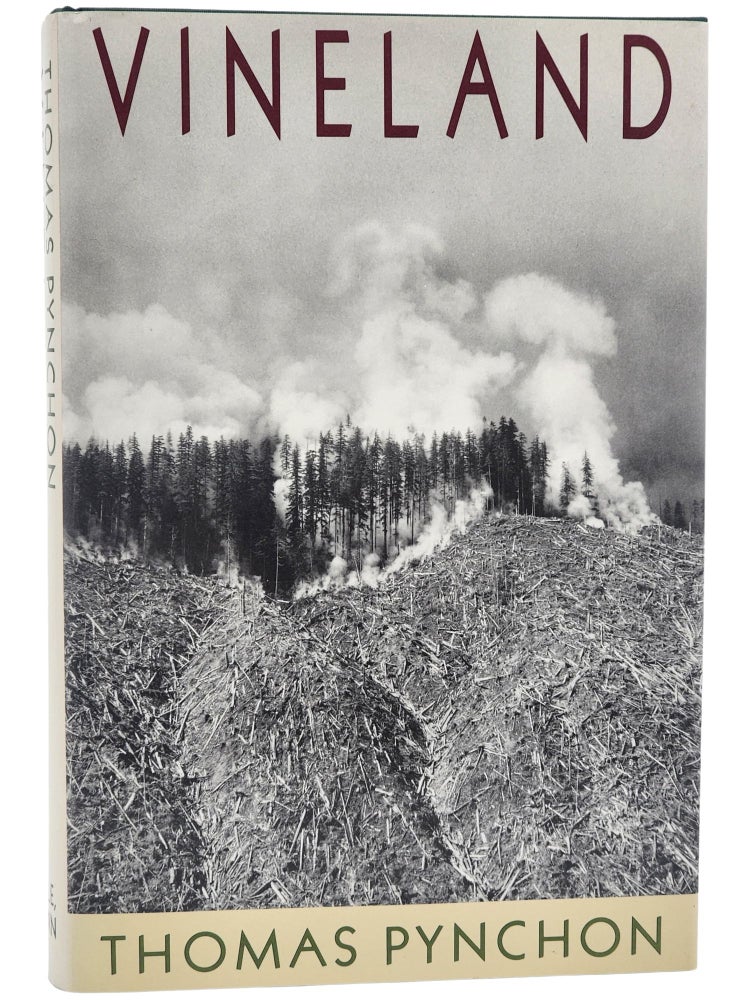
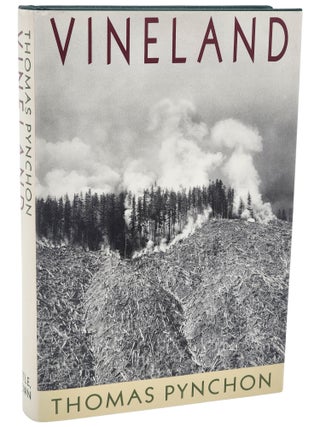
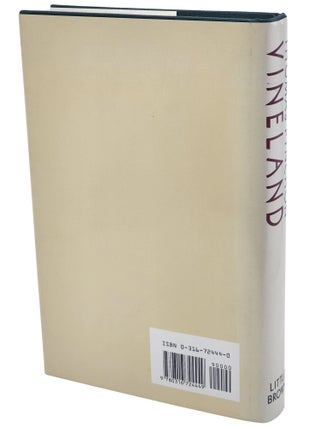
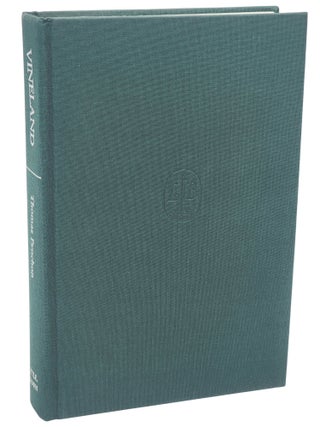
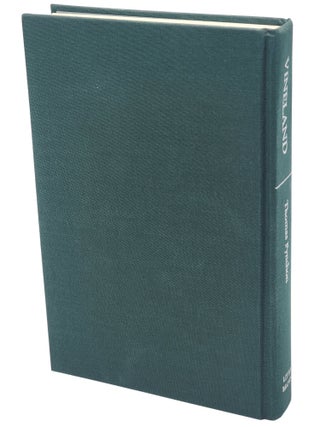
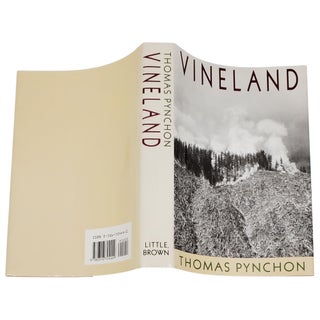
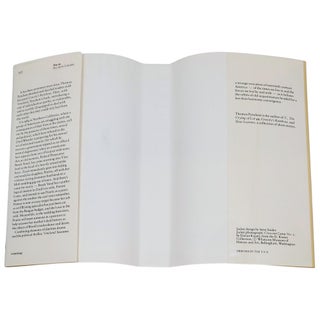
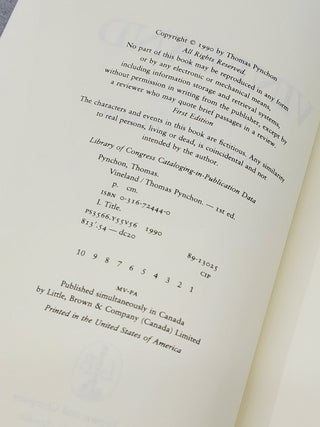
Vineland is a novel by the acclaimed American author Thomas Pynchon, first published in 1990. Set in the fictional town of Vineland, California, the novel navigates the cultural and political turbulence of the United States from the 1960s to the 1980s. Pynchon, known for his complex and layered narratives, weaves a tale that is both a historical reflection and a commentary on contemporary American society.
The story primarily follows Zoyd Wheeler, a quirky and reclusive character trying to maintain a low profile to receive his mental disability checks, and his daughter, Prairie. The narrative oscillates between the past and present, chronicling the lives of several characters interconnected with Zoyd and Prairie. These characters, including members of a radical group called the "24fps," FBI agents, and various countercultural figures, reflect the broader societal changes and uncertainties of the time.
Vineland conveys the decline of the 1960s counterculture and the rise of the Reagan-era conservative movement. Pynchon delves into themes such as government surveillance, loss of personal freedoms, and the impact of media on society. The novel provides a dystopian lens for the significant political and cultural shift in the United States in the 1980s, warning about a growing police state and conveying the nostalgia and disillusionment of those who lived through the 1960s and 1970s.